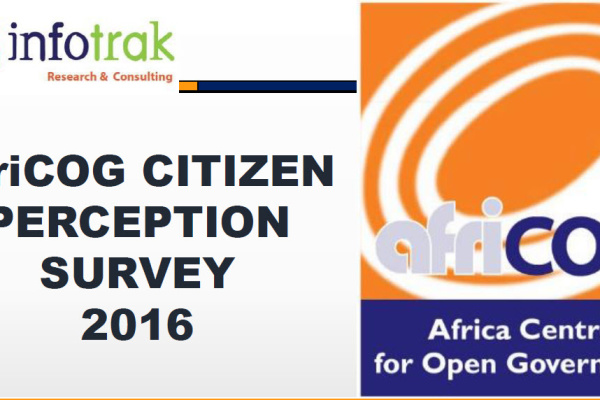A majority of Kenyans feel the country is headed in the wrong direction, with urban dwellers being the most pessimistic, a new opinion poll has shown.
A larger number of Kenyans also think Deputy President William Ruto’s office is corrupt than to those who think the same of the President’s office.
The latest numbers show that 58.2 per cent of Kenyans feel the country is headed to the dogs, a five per cent rise from a similar study by InfoTrak in March.
Nairobi expressed the highest levels of dissatisfaction with the situation (80 per cent), followed by western (75 per cent) and Nyanza (71 per cent) regions.
But the majority of people in eastern Kenya felt things are getting better while many in north eastern could not make up their minds.
Corruption is still the biggest pain in the side for most Kenyans, with 89 per cent feeling the police are “almost always” corrupt.
Other culprits are unemployment, cost of living, insecurity, poor health care and ineffective devolution.
A majority of Kenyans (54.6 per cent) felt the Jubilee government is to blame for the decline, with 19 per cent blaming “everybody”. However, some respondents, especially those in central (19.7 per cent) and north eastern (15.2 per cent), placed the blame on the opposition.
County governments elicited a positive reception in areas that were previously marginalised, but 78 per cent of Kenyans still feel that corruption is prevalent in the new governments, with the county executive and assembly leading the pack.
HIGH LEVELS OF CORRUPTION
AfriCOG Executive Director Gladwell Otieno said the high levels of corruption are worrying and have led to “criminalisation of the State.”
“The State seems to have been captured by a small group of people who are using it for their own benefit. We see police officers amassing fortunes that cannot be accounted for. Our police seem to have a poor understanding of what constitutes conflict of interest,” she said during the launch of the survey report.
She pointed to the recent use of State House as a venue for a merger of political parties as an example of “blatant use of state resources for private purposes”.
Most Kenyans, 54 per cent, also admitted they would readily pay a bribe if confronted with a situation that requires it.
Researchers had a difficult time finding Kenyans who would admit to personally paying bribes, although many reported knowing friends and relatives who have. Ms Angela Ambitho, the CEO of InfoTrak, attributed this reluctance to self-preservation.
“We decided to go with the figures of people reporting knowledge of friends and peers giving bribes as they were more representative of the reality on the ground,” she explained.
